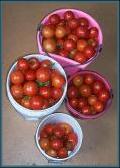
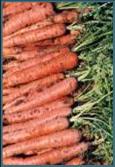
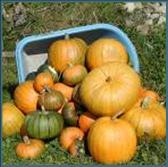
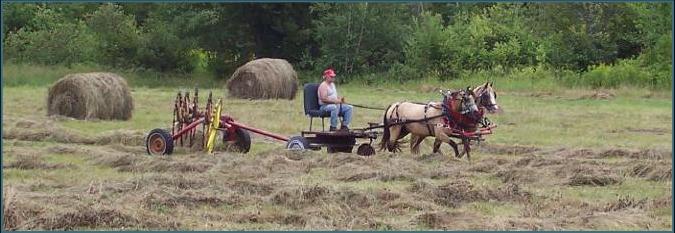
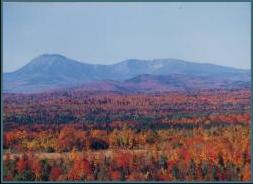
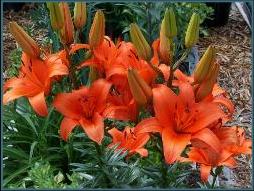
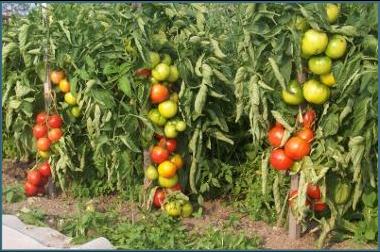
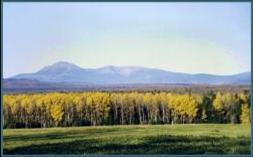
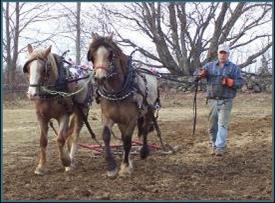
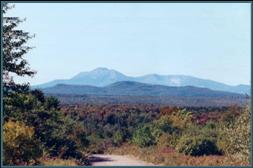
|
What is now Siberia Farm was once part of a much larger farm, one of four farms that stretched the length of a mile-long ridge east of Mt. Katahdin. The road, known in the early days as the Estabrook Road, is a dead end, and the farm fields are surrounded for miles by thick forest. † Northern Maine is famous for its timber, and its farms are famous for potatoes. Being isolated, where cross-pollination would not be an issue, the farms of Estabrook Road were perfectly suited for growing seed potatoes that were true to type. The "Estabrook Plantations" were one of the top producers of seed potatoes for northern growers.
The Interstate didnít reach this area until the 1970s.† Until then, every village had a train station, and many farms had their own railroad sidings for loading barrels filled with potatoes. A railroad crew, laying track in winter, claimed the area was colder than Siberia.† Thus the local railroad crossing was dubbed the "Siberia Crossing," and soon the surrounding area was called Siberia. The Estabrook Road is now officially Siberia Road.
|
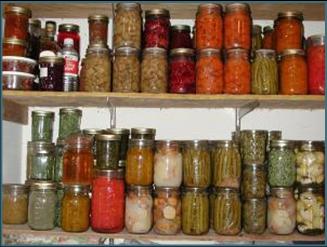
|
We can and preserve much of our own food to feed us through the winter. |
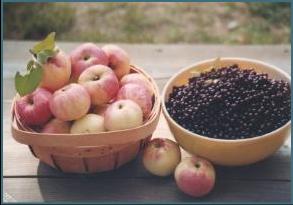
|
Wild fruit, such as apples, cranberries, and chokecherries, grow in abundance, free for the taking. |
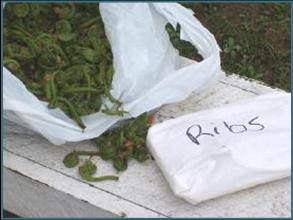
|
Wild fiddlehead ferns are a local delicacy in spring. |
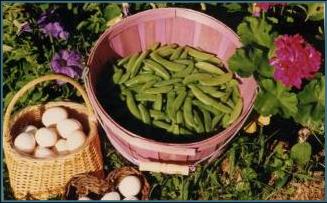
|
What does not grow wild, we grow ourselves in our organic gardens. |
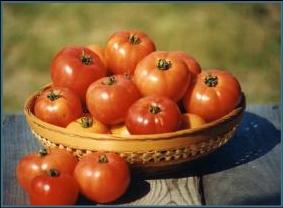
|
Tomatoes thrive in our organic soil. |
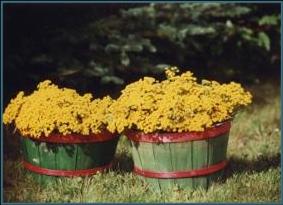
|
Wild tansy and other native flowers and herbs are abundant. |
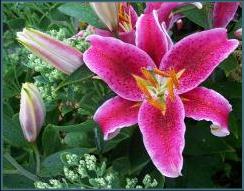
|
Perennial flowers are a special pleasure. |
|
About Our Farm |
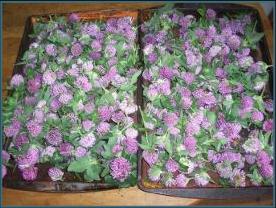
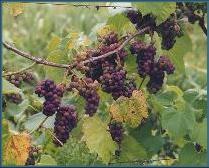
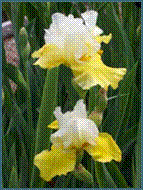
|
Because of our love of the land, we try to live as naturally and sustainably as possible.† We heat with wood gathered from our own property, eat the eggs and meat from our own, home-raised chickens and goats, and use only organic methods in our gardens.
Wild fruits and plants round out our diet, and wild herbs provide delicious teas and natural health remedies. |
|
Natureís Bounty |
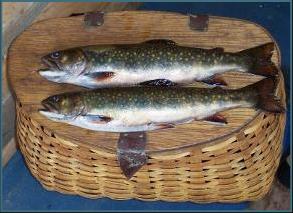
|
Local waters offer good fishing. |
|
We dry bushels of red clover tops for herbal tea. |
|
Many people comment on how quaint and peaceful our lives must be.† Few of them realize how much hard work is involved in running the farm and trying to make a living off the land.† But living here in this beautiful place makes it all worthwhile. |
|
Hard Work |
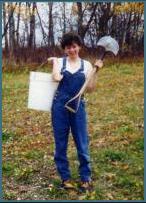
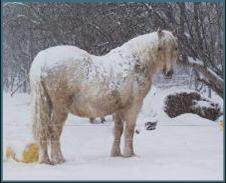
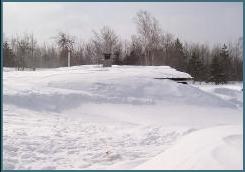
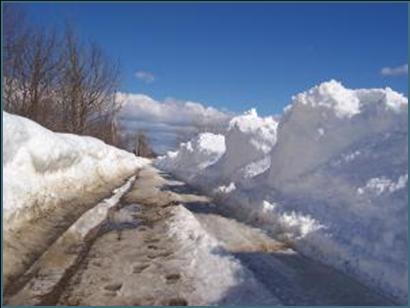
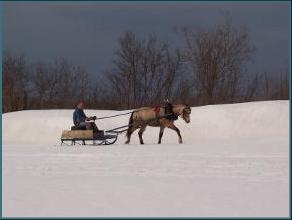
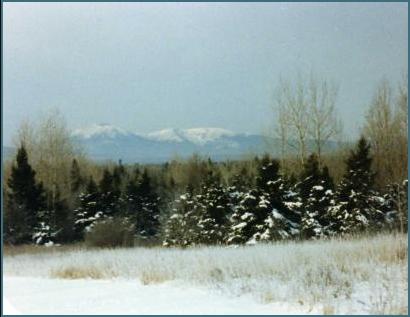
|
Winters in Siberia are long and harsh.† The snow drifts are deep and temperatures as cold as 40 below zero (F) are common.
All of our plants and livestock must be chosen from varieties that are sturdy enough to survive our northern climate.
|
|
Long Winters |
|
To the right:† This is the road to the farm in late March, 2007.
Below:† My house is almost completely buried in snow, March 2008.†
Because the house is low and set into the side of the hill, it is sheltered from the wind and insulated by the soil, making it easier to keep warm with the little wood stove that is our sole source of heat.
|
|
Home†††† Horses & Ponies†††† Maine Coon Cats†††† Farm†††† Art |
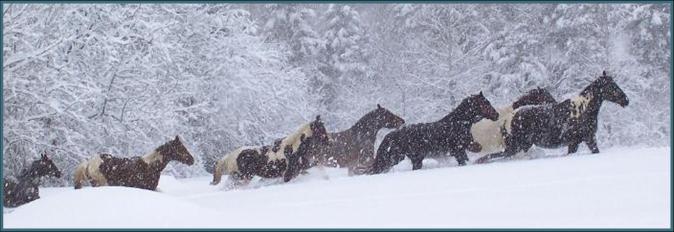
|
Horses & Ponies |
|
Maine Coon Cats |
|
Farm |
|
Art |
|
Home |
|
About Our Farm |
|
Goats |
|
Chickens |
|
Activities |

|
207-365-7633†††††††††††††††††††††††††† Siberia Farm†††††††††††† siberiafarm5@fairpoint.net Donna Chase 180 Siberia Rd., Stacyville, ME† 04777 ††††††††††††††††††††††††††††††††††††††††††††††††††††††††††††††††††††††††††††††††††††††††† |